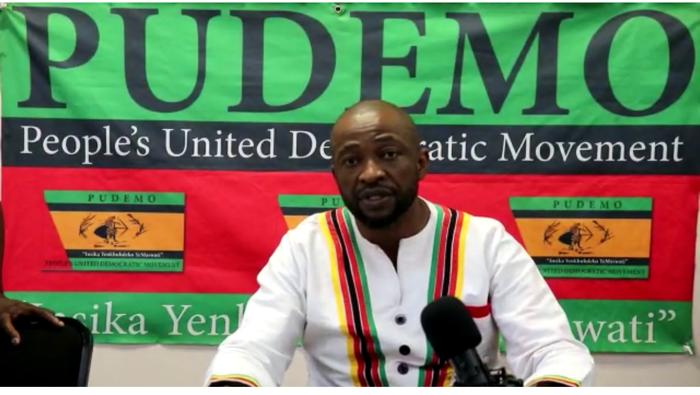The ICJ deplores the alleged poisoning of the President of Eswatini’s main political opposition party, People’s United Democratic Movement (PUDEMO), Mlungisi Makhanya, who was found incapacitated at his home in Pretoria on 24 September, remains in a stable but critical condition in a South African hospital. The incident has been reported to the South African police and a case has been opened. Makhanya is said to have suspected that he had been poisoned by an individual known to him and the medical assessment confirmed a diagnosis that supported a finding that he ingested a poisonous substance.
The ICJ calls on the South African Police Services to conduct a prompt, thorough, and impartial investigation into the circumstances of Makhanya’s incapacitation, and to bring to justice any persons determined to be responsible for any criminal conduct related to this incident. PUDEMO has plausibly alleged that the Swazi government is involved in this poisoning incident. PUDEMO suspects that the Swazi government is trying to circumvent planned pro-democracy protests that Makhanya has been leading. ICJ Africa Programme Director, Kaajal Ramjathan-Keogh said, “Eswatini government agents have a record of targeting opposition activists, and they must be held to account if they are found to have any involvement in this incident.”
For security reasons, Makhanya has been residing in exile in South Africa. In September 2022, Makhanya’s home in Eswatini was set alight in an alleged fire-bomb attack which PUDEMO alleges was committed by State agents. This incident follows other similar incidents in which pro-democracy activists have been targeted for leading and calling for democratic reforms in the Kingdom. This includes attempts on the life of Eswatini lawyer Maxwell Nkambule in December 2022 and the killing of human rights lawyer Thulani Maseko in his home in Eswatini in January 2023.
Background
Eswatini remains the world’s last absolute monarchy, under which King Mswati III holds sweeping powers, while political parties including PUDEMO are not permitted to contest elections, and the right to public and political participation is heavily restricted. PUDEMO has been calling for democratic reforms since its founding in 1983. In 2001, Swazi police arrested and convicted PUDEMO President at the time, Mario Masuku, on charges of ‘insulting the king, sedition and treason’. He was again arrested in November 2008, under the Suppression of Terrorism Act of 2008 and again on 1 May 2014, after making a speech at a Workers Day rally and charged with terrorism and sedition. The last case was only finalised on 13 August 2024 when Masuku was convicted posthumously on all the charges. These latest pro-democracy protests commenced in 2021. PUDEMO has advised that the October 2024 protests will proceed as planned.
ICJ has issued several statements and reports on Eswatini and these are listed below:
- Eswatini: Supreme Court decision upholding repressive security laws is a blow to human rights
- Oral Statement on Human Rights Council on human rights violations
- ICJ submissions to the ACHPR in advance of its examination of Eswatini’s Report
- Children must be protected as authorities crack down on protests




